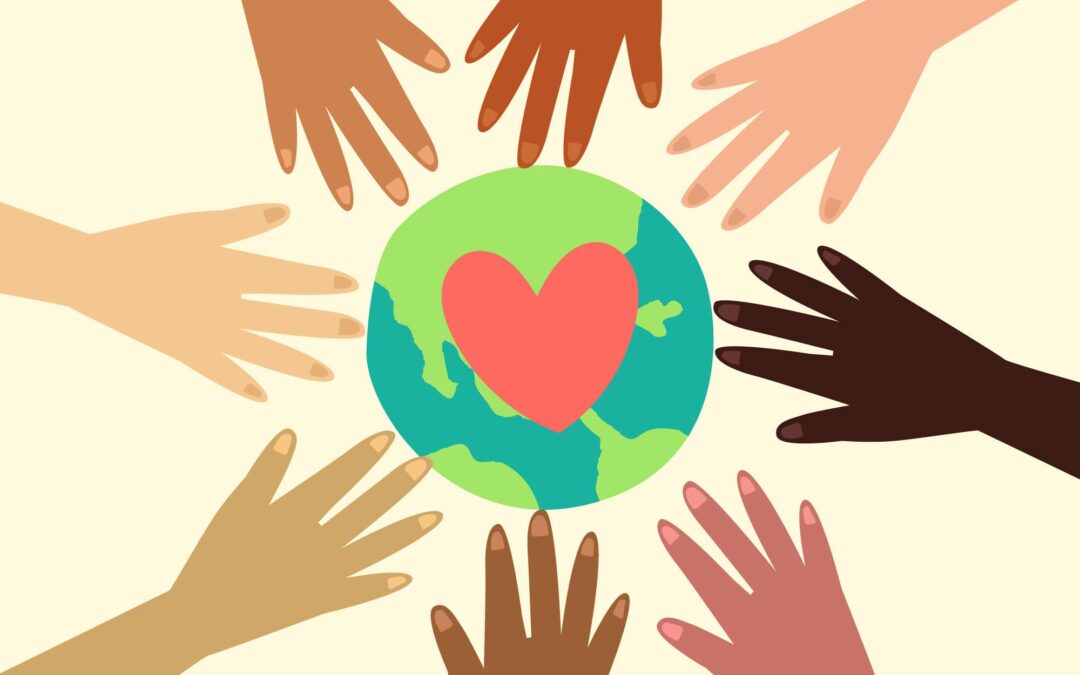Human beings are born curious-minded connection seekers. So, why has social-emotional learning become contentious? When did politics and the well-being of our children become so intertwined? We need to have informed, critical conversations about what is really at stake.
Our children spend most of their waking hours with teachers and peers. Adults who work outside of the home spend most of their waking hours with colleagues. Most people spend most of their waking hours with other humans. Why restrict the capacity of social connection?
CASEL defines the core SEL competencies as:
Self-Awareness
Social Awareness
Self-Management
Relationship Skills
Responsible Decision-Making
There is nothing inherently scary about these skills; people intentionally manufacture fear by distorting the message. In some places, proposed legislation and public outcry condemn SEL in schools with the biased label of “indoctrination.”
Every profession has its lingo, and I understand the need to differentiate for your audience. However, I hear frustrating suggestions to avoid linking SEL to equity because it introduces emotionally charged educational jargon. Why should we shy away from connecting SEL with diversity, equity, and inclusion? It feels sneaky when there is nothing to hide. And, if we tiptoe around, it’s impossible to communicate the truth: you can’t have one without the other.
Equity evokes emotion, and we should take that as a sign of its importance. Rather than talk around it, let’s learn to consider the charge of this word. Let’s get honest about what equity means for our students and each other. Let’s have real conversations about what this looks, sounds, and feels like at every age and grade level. Doing so requires social-emotional skills.
Now is the time to mute misinformation and raise the volume of community education. Let’s be clear; this is not a teacher’s burden. Students don’t need fixing. Systems need fixing. Therefore, we need to educate the decision-makers, such as school boards and administrators, on the role of systemic SEL. We need to invite parents into this conversation as allies and key stakeholders.
We can’t educate folks who don’t want to learn. But I suggest that many people want to learn and may be influenced by a loud minority with a political agenda if we don’t step up and speak out.
Raising the volume doesn’t mean yelling. It means extending our reach through partnerships and showcasing the value of this work with everyone it touches.

When we teach students how to think, not what to think,
this is SEL.
When we practice perspective-taking without defensiveness,
this is SEL.
When we engage in collaborative problem solving,
this is SEL.
When we cultivate a positive learning environment for all students,
this is SEL.
When we promote critical thinking and responsible decision-making,
this is SEL.
And yes, we will use these skills to examine inequities and honor all student identities and experiences. We will talk about how to improve and plan action steps together.
We can’t afford to be meek. We must be direct when it comes to what our students need. It’s a shame when misinformation impedes essential work, but this is happening all over the country. Hence the theme for International SEL Day on March 11, 2022: Finding Common Ground, Pursuing Common Good.
All learning is social and emotional. To deny this is to reduce a classroom to an assembly factory. Call it life skills. Call it social skills. Call it soft skills. But do not call it indoctrination. Instead, call for more community education on SEL and DEI. Therein lies an action step. Let’s keep learning.
Learn more about International SEL Day and ways to participate at https://selday.org

